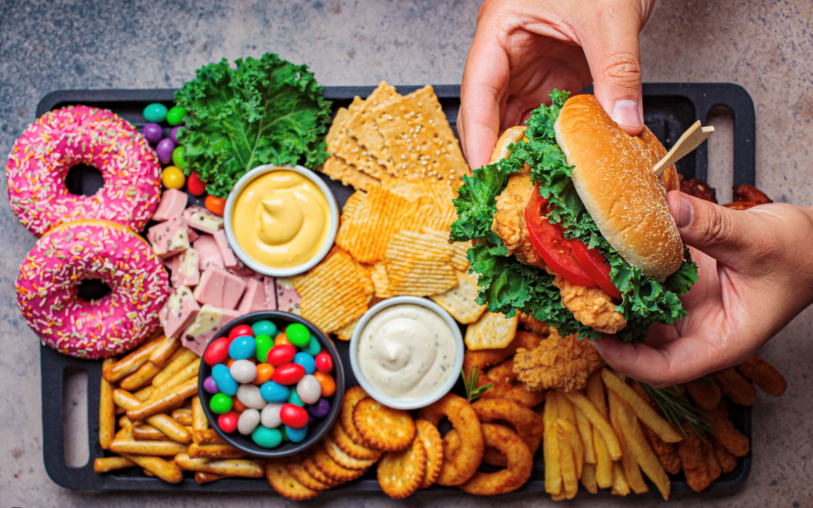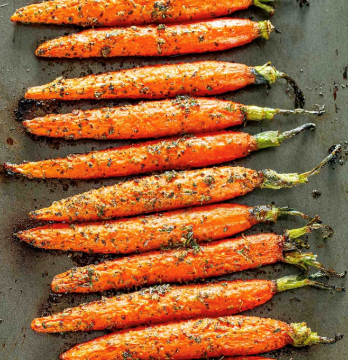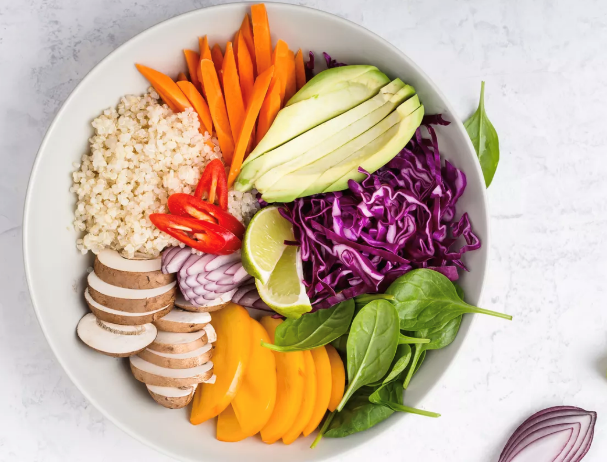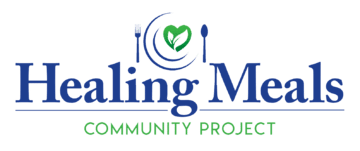Do You Eat an Ultra-Processed Diet?
Did you know that the general American diet is ultra-processed? And what does that really mean? According to a November 14, 2023, article in the Wall Street Journal by Andrea Peterson titled, The Trouble with America’s Ultra-Processed Diet, Concern is rising about ultra-processed foods in American diets, and their effects on our health, our current health epidemic is largely because of our ultra-processed diet.
Ultra-processed foods include ingredients that you typically would not buy for your home kitchen. Examples of this would be high-fructose corn syrup and emulsifiers. Unprocessed foods or minimally processed foods are similar to how they are found naturally, for example, fruits, vegetables, plain meat and fish. These natural foods may be dried, roasted, or pasteurized and can include some natural preservatives, but do not include added salt, sugar, or other food substances like “modified food starch”.
For a food to be ultra-processed, companies will chemically break down whole foods and alter them to make ingredients like soy protein isolate and maltodextrin. These altered foods are difficult to digest. In addition, ultra-processed foods may include elements to enhance the flavor, color or texture of the food.

A way to illustrate this spectrum is as follows:
- Unprocessed: carrots (they come from the earth!)
- Somewhat processed: sliced and roasted carrots cooked with olive oil, salt, pepper, and other natural seasoning– delicious!
- Ultra-processed: Campbell’s beef and vegetable canned stew that has carrots.
Another example is peanuts:
- Unprocessed: peanuts
- Somewhat processed: organic peanut butter from Whole Foods Market made with a single ingredient– dry roasted peanuts.
- Ultra-processed: Skippy’s peanut butter made with roasted peanuts, sugar, salt, and hydrogenated oils such as cottonseed, rapeseed, and soybean oil, that is very likely genetically modified.
The National Institutes of Health performed a study where they took a group of individuals and fed part of the group a diet of ultra-processed foods like muffins and deli turkey and the other part of the group a diet of minimally processed foods such as scrambled eggs and salads with chicken. After two weeks on this diet, the ultra-processed food group ended up gaining two pounds and eating 500 more calories per day than the minimally processed food group which actually lost two pounds after the two weeks.
I have always found that it is easier to make better food choices when the reasons are very clear. If the effects of eating a diet filled with ultra-processed foods were less obvious, we may be a little less motivated to make changes. But the research is very clear — eating an ultra-processed food diet is linked to many different health problems, such as promoting diabetes and neurodegenerative disorders. Unfortunately, eating ultra-processed foods also can contribute to more cravings for these types of foods.
The greatest way to reduce ultra-processed foods in your diet is to choose whole foods as often as you can. In addition to fresh fruits and vegetables, choosing foods like frozen vegetables and canned beans is a good option as well. But most importantly, become comfortable with reading ingredient labels — this is where you can find important ‘tells’ — just because a product is labeled as “all natural” does not mean it doesn’t have ultra-processed additives.

At Healing Meals Community Project, we provide organic healthy meals for individuals and their families dealing with a health crisis. Eating whole foods that are minimally processed is incredibly important to support healing in the body. Our meals are made from an abundance of beautifully colored vegetables, whole grains, and natural meats. By providing our community with meals free from processed ingredients like sugar and hydrogenated oils, we can nourish our clients and promote recovery.
In addition to our client community, we have recently expanded our meals program to invite individuals that are not in a health crisis but are committed to improving their diet to enjoy our meals. This program is called Meals 2 Go. We are very excited to offer this program to a larger community!

